
About Andrew Cusack
 Writer, web designer, etc.; born in New York; educated in Argentina, Scotland, and South Africa; now based in London.
Writer, web designer, etc.; born in New York; educated in Argentina, Scotland, and South Africa; now based in London. read more
News
Blogs
Reviews & Periodicals
Arts & Design
World
France
Mitteleuropa
Knickerbockers
Argentina
The Levant
Africa
Cape of Good Hope
Netherlands
Scandinavia
Québec
India
Muscovy
Germany
Academica
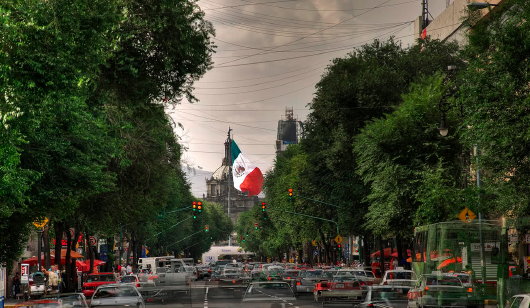
Ciudad de México
The Greatest City of the Americas
WITH A population of 20,000,000 people, Mexico City is the greatest city in the Americas — Tokyo and Seoul are the only metropolitan areas in the world that can claim a higher count of inhabitants. The old city of Tenochtitlan was founded by the Aztecs in the middle of a lake, 7,000 feet above sea level in 1325. According to legend, Huitzilopochtli — the Zeus or Jupiter of the Aztecs — indicated the site of the new capital through an eagle perched on a cactus with a snake in its beak. The city grew as the Aztec Empire augmented in size and strength, conquering hundreds of smaller surrounding tribes, enslaving their members, and offering their prisoners as human sacrifices. With great ceremony, vast numbers of prisoners were led one-by-one to the summit of the temples, where the priest would carve the living victim’s chest open with a blade of obsidian or jade, remove the still-beating heart and offer it to the appropriate god while the victim’s body was thrown down the steps of the temple. During the re-consecration of the city’s Great Temple in 1487, the Aztecs claim to have sacrificed 80,400 prisoners over the course of four days. It is not hard to imagine the relief of the conquered tribes when their liberation came at the hands of the Spanish.
In 1521, the Spanish transformed the capital of the defeated empire into the city of Mexico and a church was built over the former sacred precinct of the Aztecs. Where once the lowly conquered were sacrificed to appease the wrathful gods, now the Holy Sacrifice of the Mass re-presented God’s death for the sake of Man. Just ten years after the transformation of pagan Tenochtitlan into Christian Mexico City, the Mother of God appeared to the humble peasant convert Juan Diego at the hill of Tepeyac outside the city. The appearance of Our Lady of Guadalupe (as she is now known) may well have been the most significant event in the New World since its discovery by Columbus, encouraging peace between the native and foreign races by reminding the indigenous peoples of the beautiful truth of Christianity and reminding the Spanish of their common humanity with their native fellow-subjects of the Crown.
The city has grown immensely since those days in prosperity and poverty, surviving through revolutions, massacres, floods, earthquakes, and other crimes and disasters. It has been called the “City of Palaces”: palaces of emperors, palaces of government, palaces of families, palaces of culture, and even palaces of God. These photographs, sourced from the handy skyscrapercity.com forums, are just a sampling of various views of Mexico City, its palaces and cafés, its nooks and crannies, which offer proof of a human place that defies the vast and perhaps oppressive size of this the greatest city of the Americas.
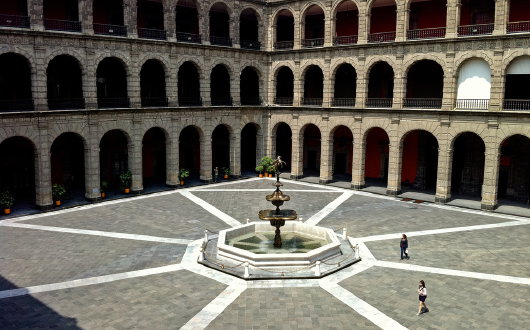
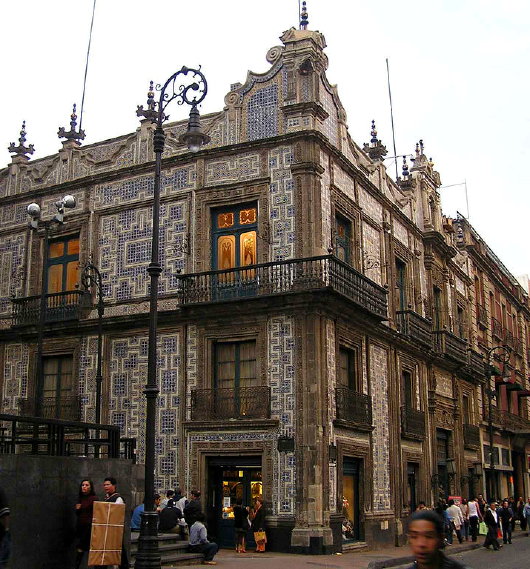
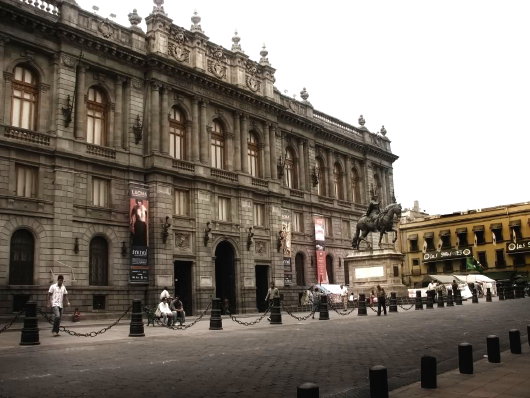
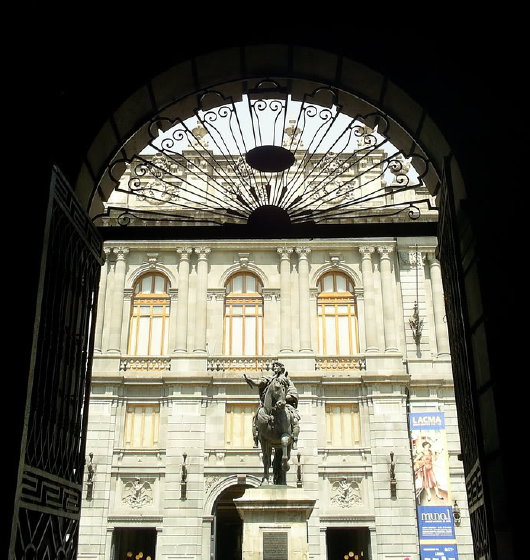
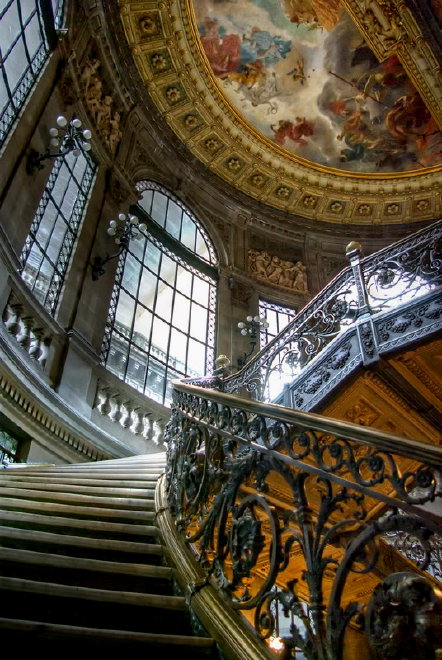
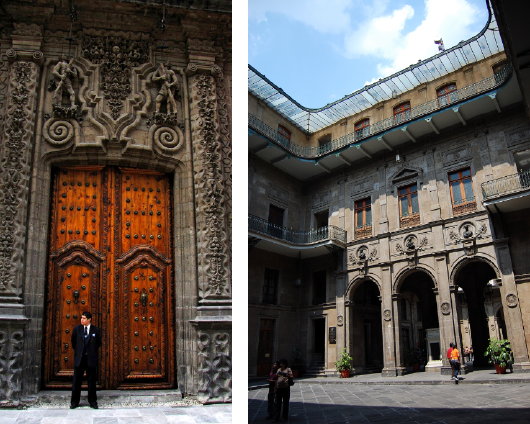
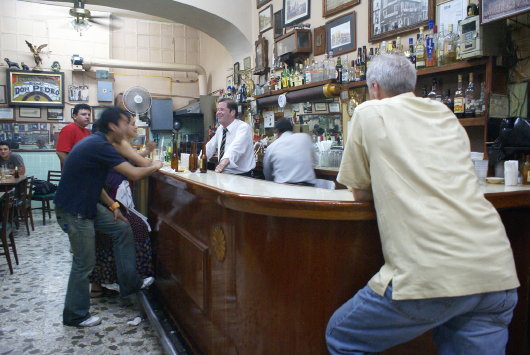
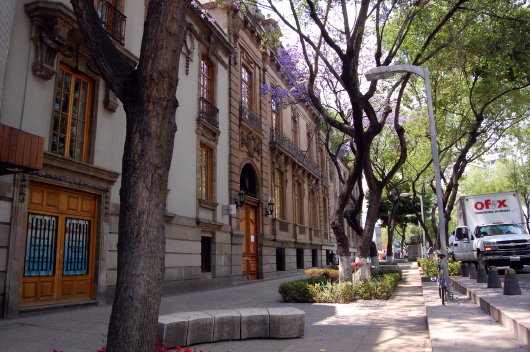
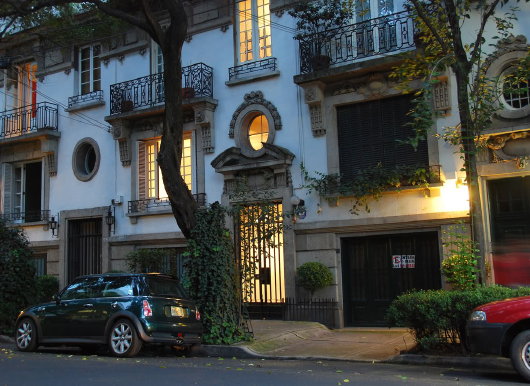
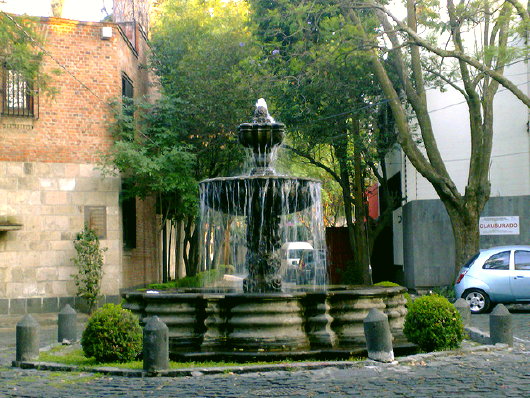
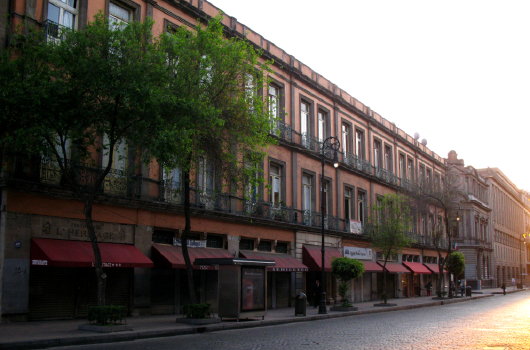
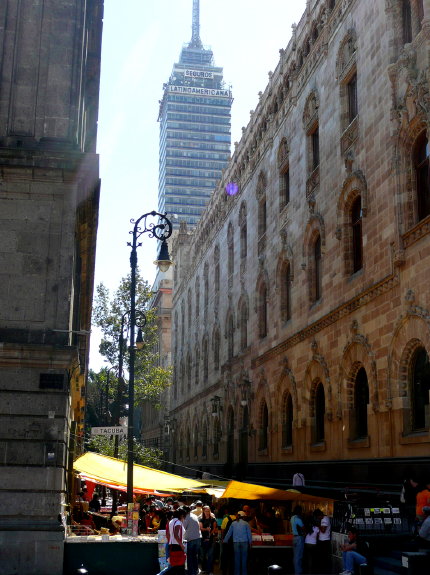
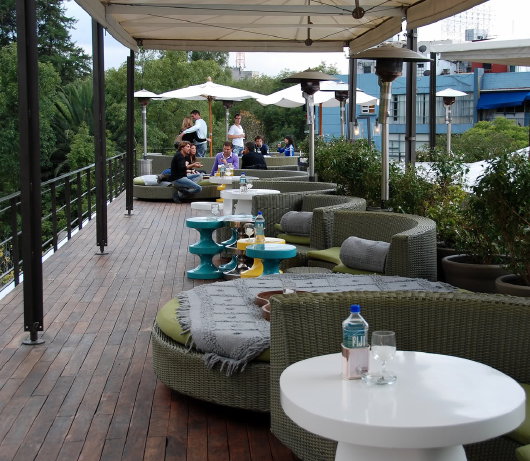
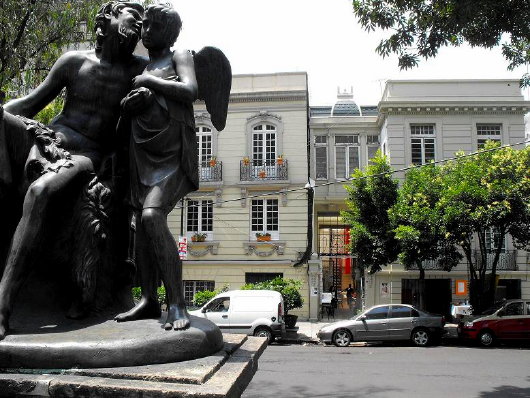
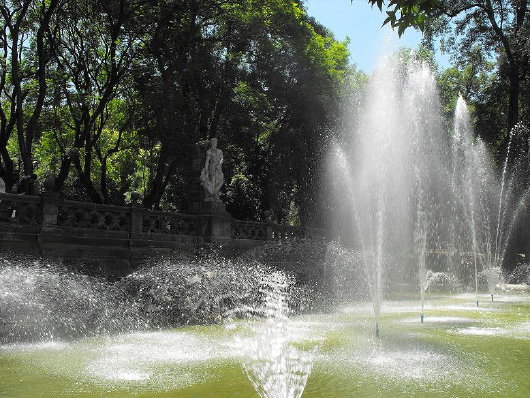
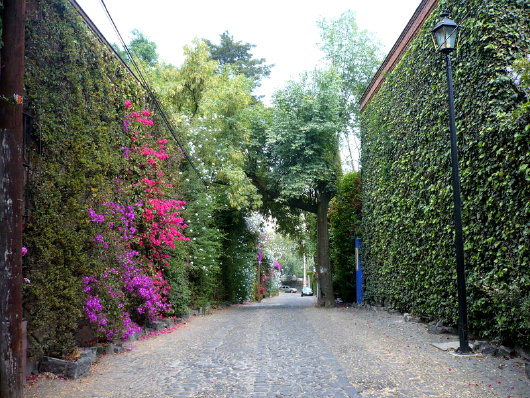
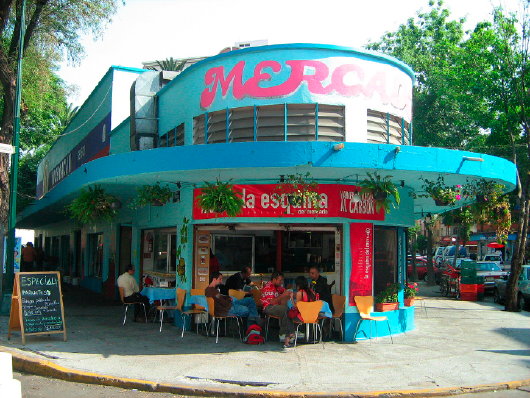
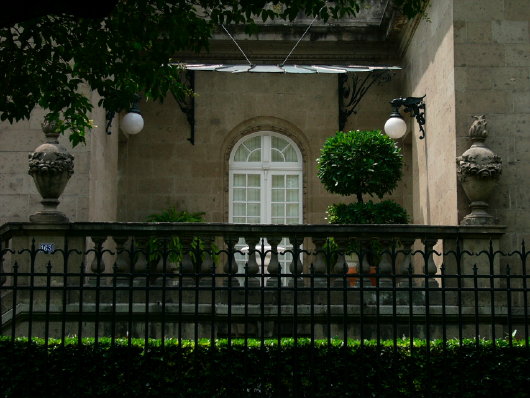
Search
Instagram: @andcusack
Click here for my Instagram photos.Most Recent Posts
- Waarburg October 2, 2024
- A Prize for the General September 23, 2024
- Articles of Note: 17 September 2024 September 17, 2024
- Equality September 16, 2024
- Rough Notes of Kinderhook September 13, 2024
Most Recent Comments
Book Wishlist
Monthly Archives
Categories



Great photos!!
I’ve always wanted to visit Mexico City, but when I had the time I lacked the funding! One day, perhaps, I’ll get there.
I grew up in Western New York but visit Mexico City before I ever went to New York City, and went back twice, and each time wanted to stay. Yes, a great city, and I don’t like cities.
What’s going on in Mexico with the anti-smoking mania? Have they caught it? In the bar shot included in the pictures, there wasn’t enough resolution to see if there were any ash trays. I was shocked, some time ago, to learn that Uruguay had enacted some kind of national smoking ban.
Great posts and pictures on the capital of New Spain! You should not miss the chiles en nogada, invented by Dominican Nuns to honour Emperor Agustín I, at the Hostería Santo Domingo.
This reinforces my belief that everything south of the Rio Grande and north of the Saint-Lawrence is an extention of Europe.
Excellent presentation, always something new to learn. And skyscrapercity.com is amazing, I myself am a member.
I sure wish those beautiful photos had captions saying what and where they are!